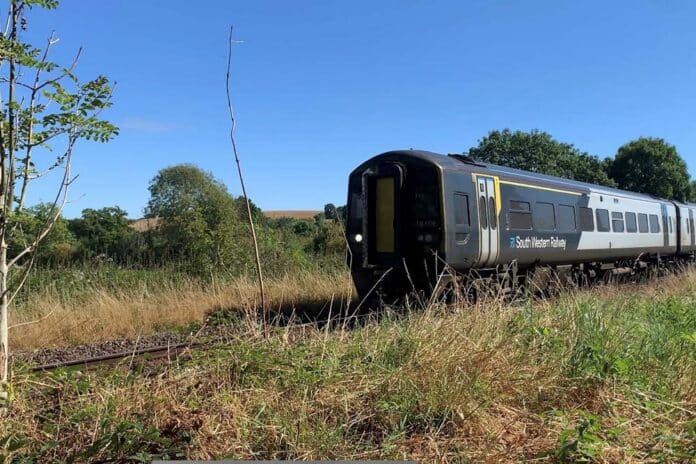Click here to listen to the latest rail news on Wednesday, 31st August 2022
InTheNews: The latest rail news on Wednesday, 31st August 2022
A new £3.6 billion government bailout to keep Tube trains, railways, buses and trams running in London has been agreed.
An article on the BBC website says the package includes almost £1.2 billion of upfront funding for Transport for London (TfL) to secure the long-term future of the capital’s transport network.
It is the sixth bailout for TfL after its revenues plummeted in the pandemic.
The funds will allow Piccadilly line trains to be built as well as upgrades to three Tube lines.
Rail workers are to stage a fresh 24-hour strike next month in an escalation of the national dispute over pay, job security and conditions.
An article on the ITV website says members of the Transport Salaried Staffs Association (TSSA) at nine train operating companies as well as Network Rail (NR) will walk out from midday on Monday September 26.
The union remains in talks with NR about the possibility of a settlement but is urging Transport Secretary Grant Shapps to intervene in a bid to break the deadlock.
Eurostar has announced it will scrap London to Disneyland direct services from next summer due to the impact of Brexit and Covid.
“Whilst we continue to recover financially from the pandemic and monitor developments in the proposed EU Entry Exit system, we need to focus on our core routes to ensure we can continue to provide the high level of service and experience that our customers rightly expect,” said a Eurostar spokesperson, in an article in City A.M.
Services will cease on 5 June 2023 and Brits will need to travel to Paris or Lille to get to the theme park. The schedule for 2024 will be revised in due course.
Major changes to train services on the West of England main line west of Salisbury have had to be made after a four-mile long speed restriction was put in place between Gillingham and Tisbury, in Dorset and Wiltshire.
The South of England has endured its driest July since 1936, as well as the hottest temperatures ever recorded, and the impact has now been felt on the railway.
Sections of railway built on clay-based soil, including those around Gillingham, have dried out so badly that they have shrunk, leaving the track on top uneven and dangerous to run trains at full speed.
Photo credit: Network Rail







































 0113 2082620
0113 2082620 info@railbusinessdaily.com
info@railbusinessdaily.com 15 Mariner Court, Wakefield WF4 3FL
15 Mariner Court, Wakefield WF4 3FL

